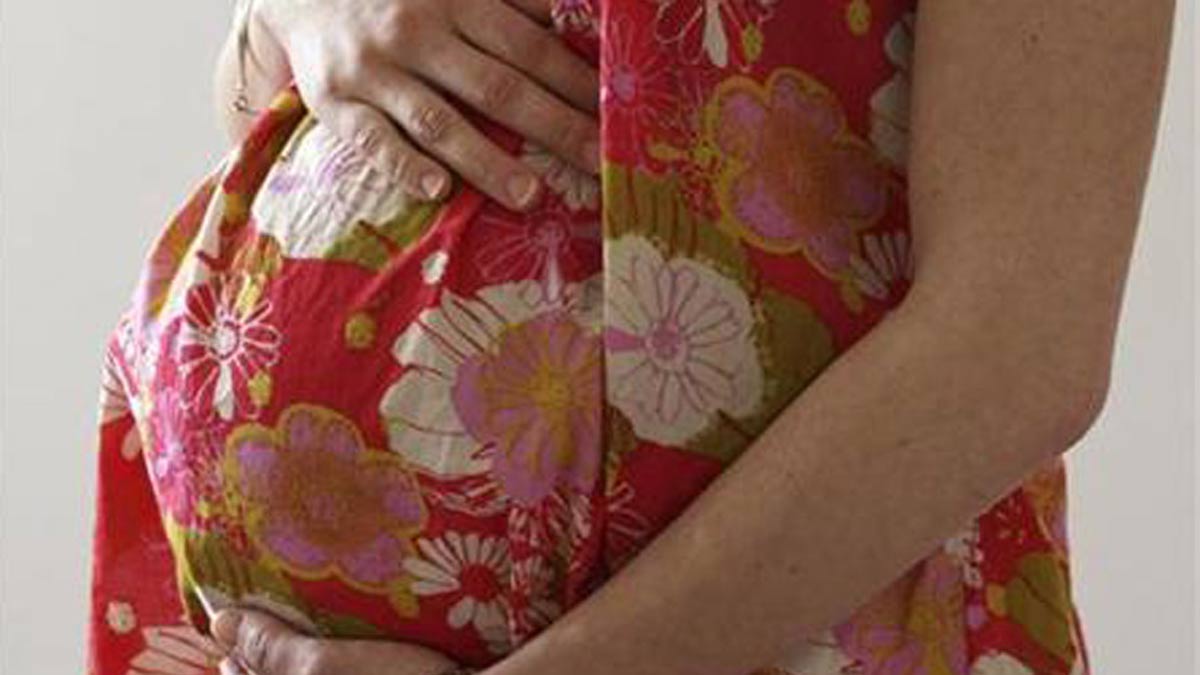Can you get pregnant during perimenopause?
 Representational image
Representational image
Perimenopause is a phase when the body makes a shift towards menopause, marking the end of the reproductive period. The transition also goes by the name menopausal transition. This phase starts in the 40s, but every woman’s journey is different; genetics, health, and lifestyle can cause it to begin earlier in some cases.
Understanding perimenopause
Perimenopause is a transition towards menopause, leading towards unstable oestrogen and progesterone levels, which results in irregular menstrual cycles. While fertility reduces at this time due to the quality and quantity of eggs, ovulation may still take place, making it possible for pregnancy.
As per the WHO report, pregnancy can still occur during perimenopause. To prevent unwanted pregnancy, contraception is advised until a woman has gone 12 consecutive months without menstruation.
During perimenopause, chances might not be high, but there is still a possibility of an unplanned pregnancy. Most women think that in case of irregular periods, they are not fertile anymore and can discontinue the use of contraception prematurely. This can lead to unintended pregnancy, which can be more difficult for mother and fetus due to age-related factors.
In addition to this, perimenopausal pregnancy is linked with higher risks that includes: chromosomal abnormalities such as miscarriage, pre-eclampsia, gestational diabetes, and down syndrome. It is important to note preconception counselling, regular checkups, and early prenatal care is a must.
Assisted reproduction option
Infertility treatments such as IVF (In-Vitro Fertilisation) can be an option for females who desire pregnancy but suffer from age-related infertility. To improve results, many women choose to use donor eggs, as success rates are lower in their late 40s. Medical screenings, fertility supplements, and changes in lifestyle can help to increase success rates.
Contraception still matters
Women who don’t want to conceive, doctors recommend to continue some form of contraception until 12 months after the last menstrual period (which marks the official start of menopause). Barrier methods, hormonal contraceptives, and intrauterine devices (IUDs) are often prescribed, depending on individual health background and choice.
Hence, pregnancy during perimenopause is less common, but possible and often complex.
Dr Nagarathna DS, MBBS, DGO, Obstetrics & Gynaecology, Apollo Cradle & Children's Hospital, Bengaluru, Koramangala.
Health